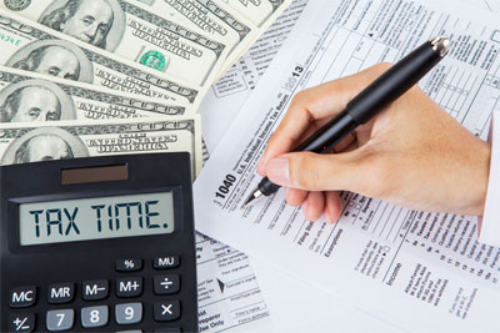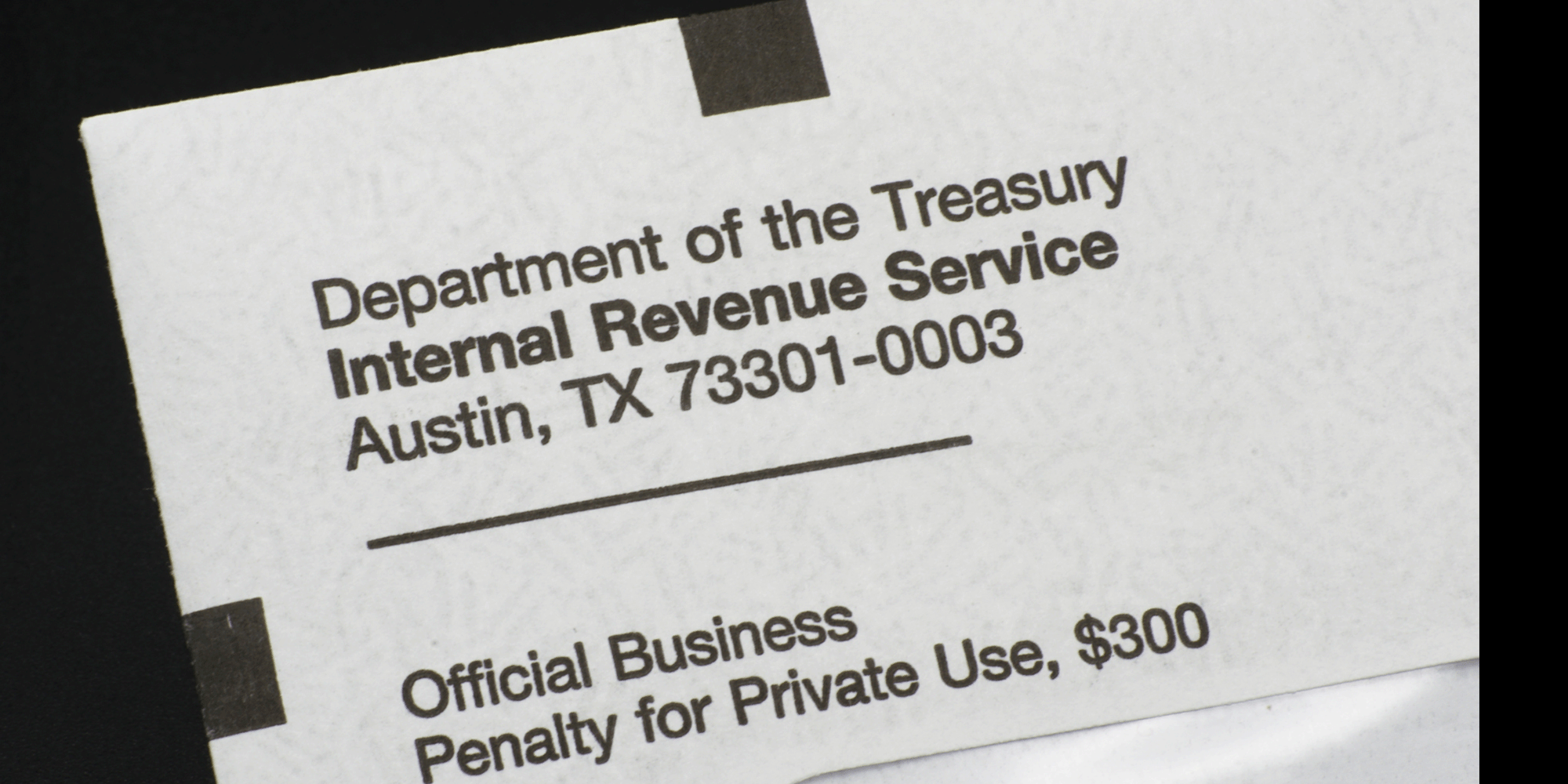Discharging Taxes Through Bankruptcy
Filing for bankruptcy can be a scary process, but it may provide relief from certain debts, including taxes. If you are struggling to pay your taxes and meet other financial obligations, bankruptcy may be a viable option for you.
There are a number of debts that can be discharged through bankruptcy, and taxes are one of them. This may come as a surprise to some people who assume that all debts must be repaid in order to clear the bankruptcy.
What Is Bankruptcy and How Does It Work?
Bankruptcy is a legal process that allows individuals or businesses to restructure or eliminate their debt. When you file for bankruptcy, an automatic stay is placed on all collection activity, including wage garnishments, foreclosures, and lawsuits.
This gives you time to catch up on missed payments, sell assets, or make other arrangements to repay your debts. There are several types of bankruptcy, but the most common for individuals are Chapter 13 and Chapter
While each type of bankruptcy has its own eligibility requirements and procedures, both allow you to discharge certain debts. In a Chapter 13 bankruptcy, also known as reorganization bankruptcy, you repay your debts over a three- to five-year period.
During this time, you are protected from foreclosure, wage garnishment, and most collection activity. At the end of the repayment period, any remaining dischargeable debts are wiped out.
A Chapter 7 bankruptcy is also known as liquidation bankruptcy. In this type of bankruptcy, your non-exempt assets are sold and the proceeds are used to repay your creditors.
After your assets are sold and your debts are paid, any remaining dischargeable debts are wiped out.
What Is a Dischargeable Tax in Bankruptcy?
A dischargeable tax is a tax debt that can be wiped out through bankruptcy. The most common type of dischargeable taxes are income taxes.
Other types of taxes, such as sales tax and property tax, may also be discharged in some circumstances. To qualify for a discharge, the taxes must meet certain criteria.
The first criterion is that the taxes must be due. This means that you must have filed the return and it must be at least three years since the return was due. The second criterion is that the taxes must have been assessed. This means that the IRS must have sent you a notice informing you of how much tax you owe.
Another criterion is that the taxes must be at least three years old. This means that the taxes must have been due at least three years ago. Lastly, you must have filed a tax return for the year in question. If you did not file a return, you will not be able to discharge the taxes in bankruptcy.
How Do I Know If My Taxes Are Dischargeable?
In case you are unsure whether your taxes are dischargeable, you should speak with a bankruptcy attorney. A tax consultant can review your case and help you determine whether bankruptcy is right for you.
Bankruptcy is a complex process, and it is important to understand all of the implications before making a decision. If you are struggling to pay your taxes, bankruptcy may be an option for you.
A tax specialist can help you understand the process and determine whether your taxes are dischargeable. With the help of an experienced attorney, you can get the fresh start you need.
The Benefits of Discharging Taxes Through Bankruptcy
Bankruptcy can provide a number of benefits for taxpayers. First, it can give you relief from wage garnishment and other collection activity.
Second, it can allow you to discharge your tax debt. This means that you will no longer be responsible for repaying the taxes. Lastly, bankruptcy can help you get a fresh start by wiping out your debt and giving you a clean slate.
Potential Drawbacks of Discharging Taxes Through Bankruptcy
While bankruptcy can provide many benefits, there are some potential drawbacks to consider as well. First, it will stay on your credit report for seven to ten years. This can make it difficult to obtain new credit in the future.
Second, you may have to give up some of your assets in a Chapter 13 bankruptcy. This includes your home equity and any non-exempt assets.
Lastly, bankruptcy can be a lengthy and complex process. It is important to speak with an experienced attorney to ensure that you understand all of the implications of bankruptcy before making a decision.
We Can Help
At Morris and Associate Tax Specialists, we can help you understand the bankruptcy process and determine whether it is right for you. We will review your case and help you decide if discharging your taxes through bankruptcy is the best option for you.
We understand that tax debt can be overwhelming, and we are here to help. Contact us today to schedule a consultation. We look forward to helping you get the fresh start you deserve.
Best regards,
Kenneth Morris, EA
Call me: (678) 641-3193
Posts by Tag
- tax problems (48)
- tax services (41)
- How the IRS Works (39)
- Resolving tax debt (38)
- Offer in Compromise (17)
- Tax News (13)
- 2023 Taxes (11)
- Tax Relief (6)
- filing deadline (6)
- Tax Preparation (5)
- 2020 taxes (4)
- Tax Advice (4)
- Avoiding an Audit (3)
- IRS Final Notice (2)
- Save Money (2)
- Estate Planning (1)
- Prior year returns (1)
Recent Posts
Popular Posts
Where's My Refund?
Just wanted to give you a...
An Offer-in-Compromise (OIC) is an agreement...
IRS IS CRACKING DOWN
The IRS has made it...

